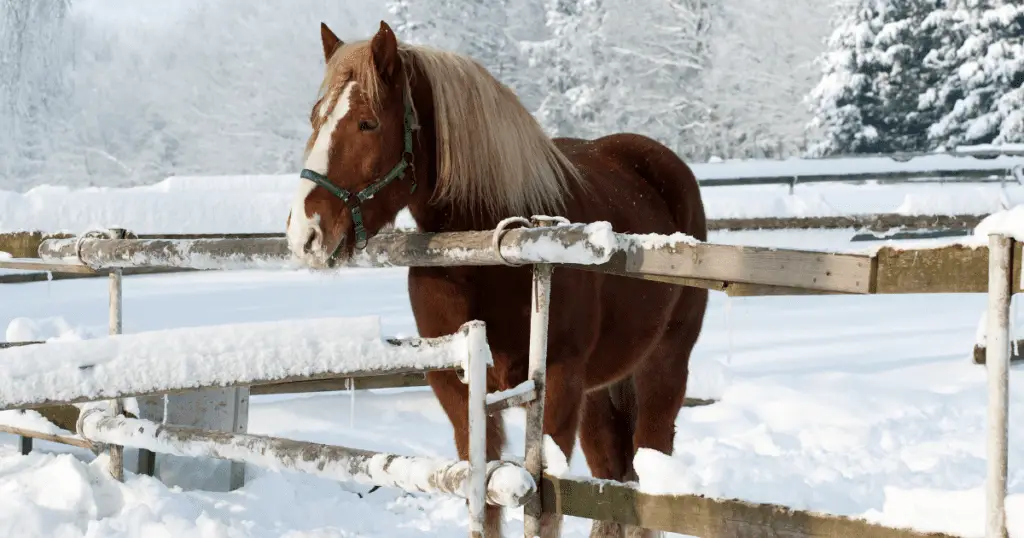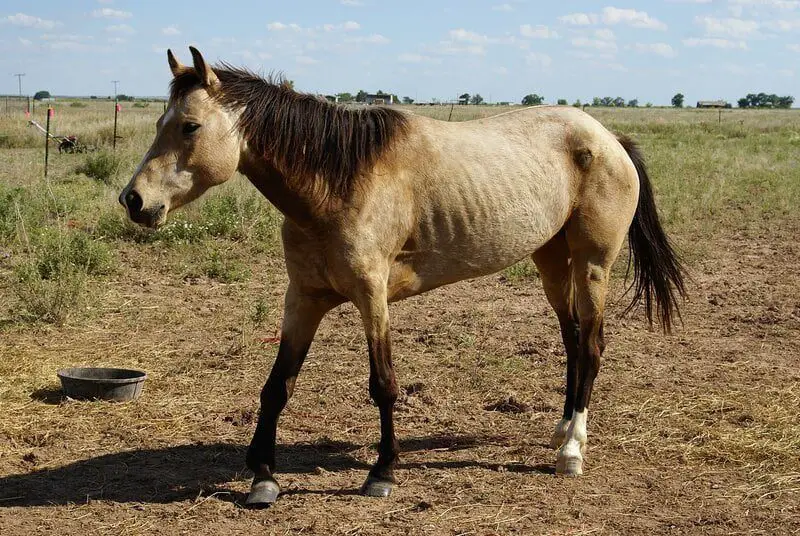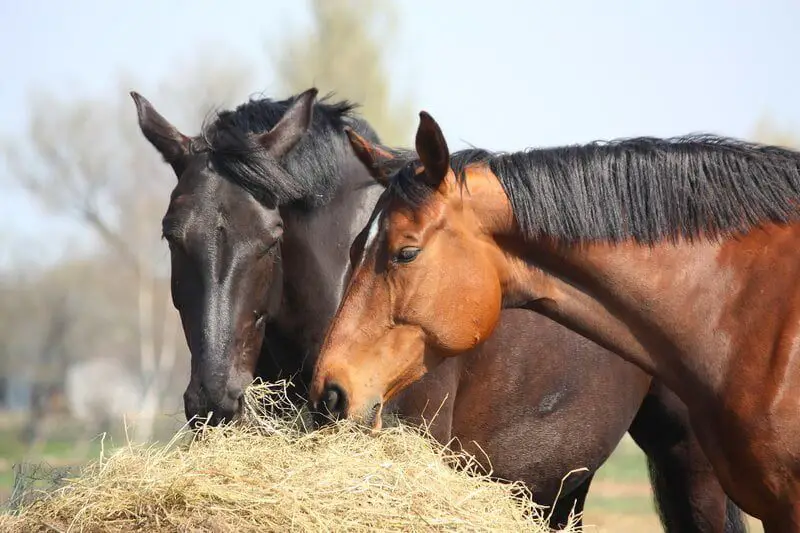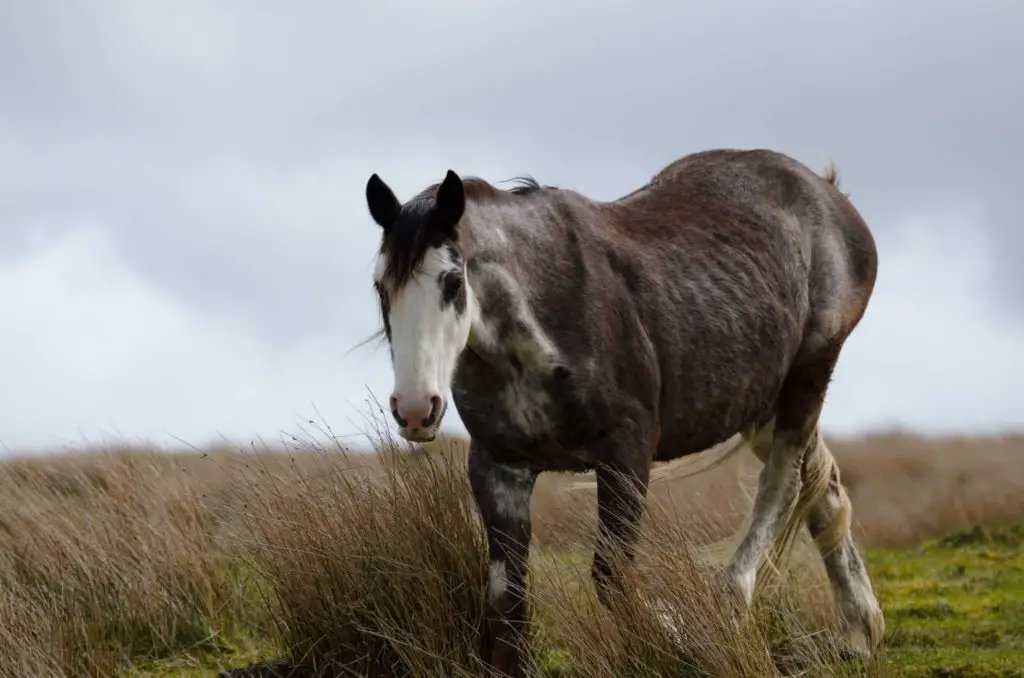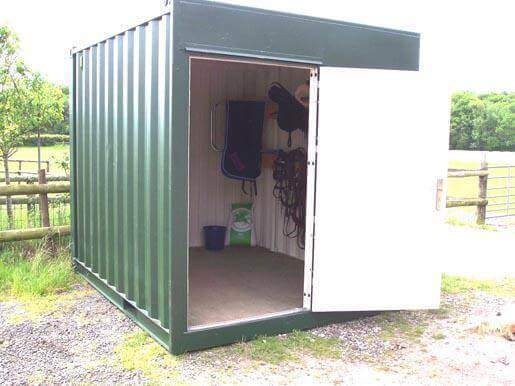Winter Care for Senior Horses – My Old Horse Struggles in Winter. What Can I Do to Help Them?
With sensible management and sound nutrition, you can help your golden oldie weather the Winter months ahead. In this article, we discuss Winter Care for Senior Horses and how you can support your senior horse in a colder climate. Autumn Health Check While veterinary advances are improving the lives of senior horses, many common challenges of aging are aggravated during Winter. For your senior horse, difficulties maintaining weight, mobility, and immunity may become compromised without proper care. An annual Autumn health check is imperative for senior horses. In Autumn, your senior horse should receive a visit from your veterinarian to ensure they’re prepared for the rigors of Winter. This annual Autumn health check will assess the: Body Condition Ideally, diet changes should begin in Autumn to ensure your senior horse enters Winter in good body condition. A body condition score of 3/5 is recommended. At this weight range, fat is evenly distributed over the body, but the horse isn’t carrying excessive weight. A physical and visual assessment, with the support of your veterinarian, will help you determine your senior horse’s body condition score. The ribs should be easily felt, but not visible, the withers rounded, the back level and the tail head slightly spongy. Nutrition and Diet Any senior horse that is currently overweight or underweight will require changes to their feeding regime before Winter. Both weight issues are detrimental to a senior horse’s health and comfort. An underweight horse will struggle to regulate body temperature, while obesity damages joints. Together with your veterinarian, you should develop a Winter feeding regime for your senior horse. Their diet should be formulated to maintain optimum body condition and provide warmth throughout Winter with quality roughage sources that can be easily chewed and digested. Overall Health Any health issue can become even more arduous during Winter. Your veterinarian should perform a complete physical examination of your senior horse (Download Free Guide), including vital signs, teeth, and hooves. This is also a prime opportunity to discuss their vaccination and de-worming schedule. Some of the common health problems that may worsen for the senior horse in Winter include:

